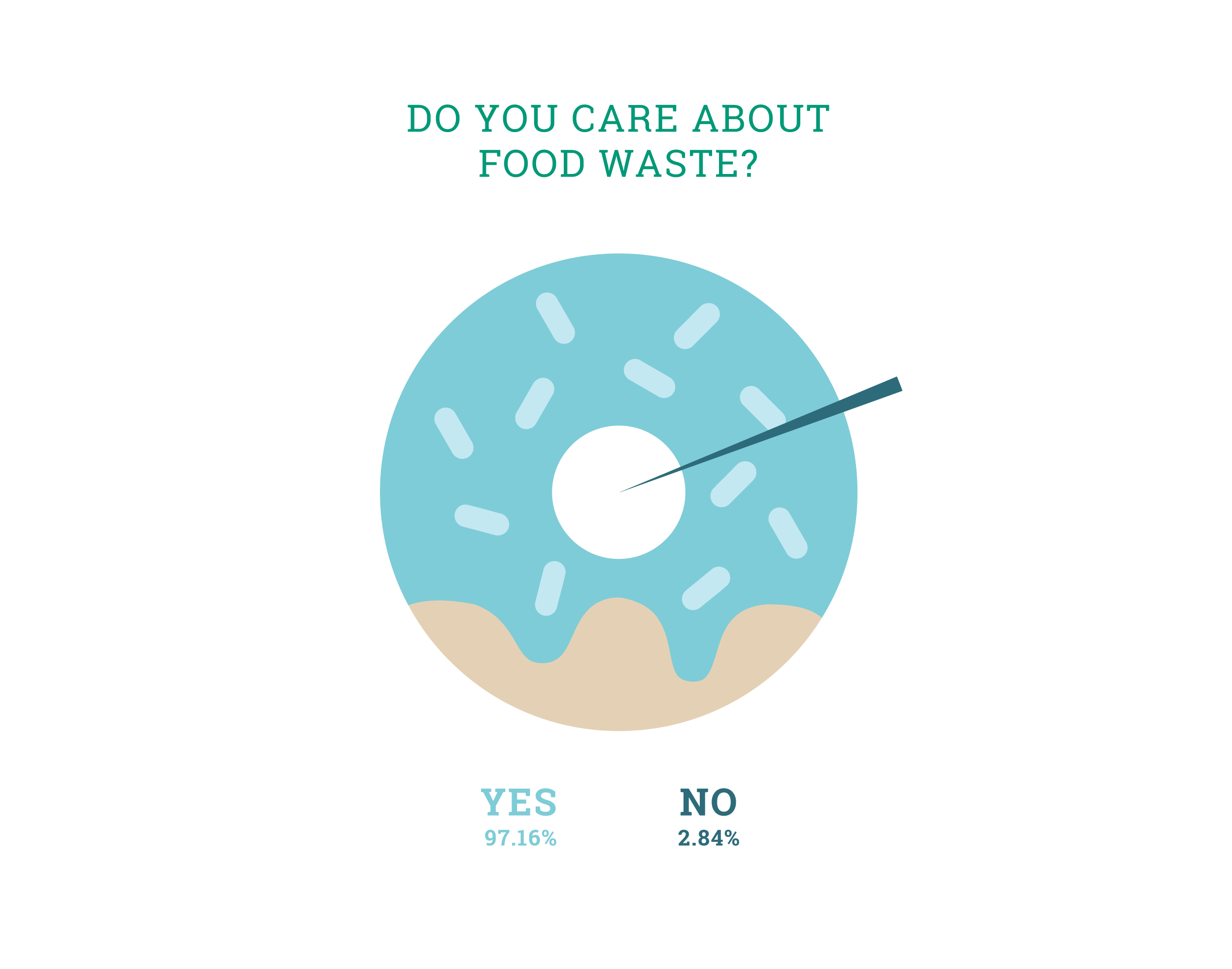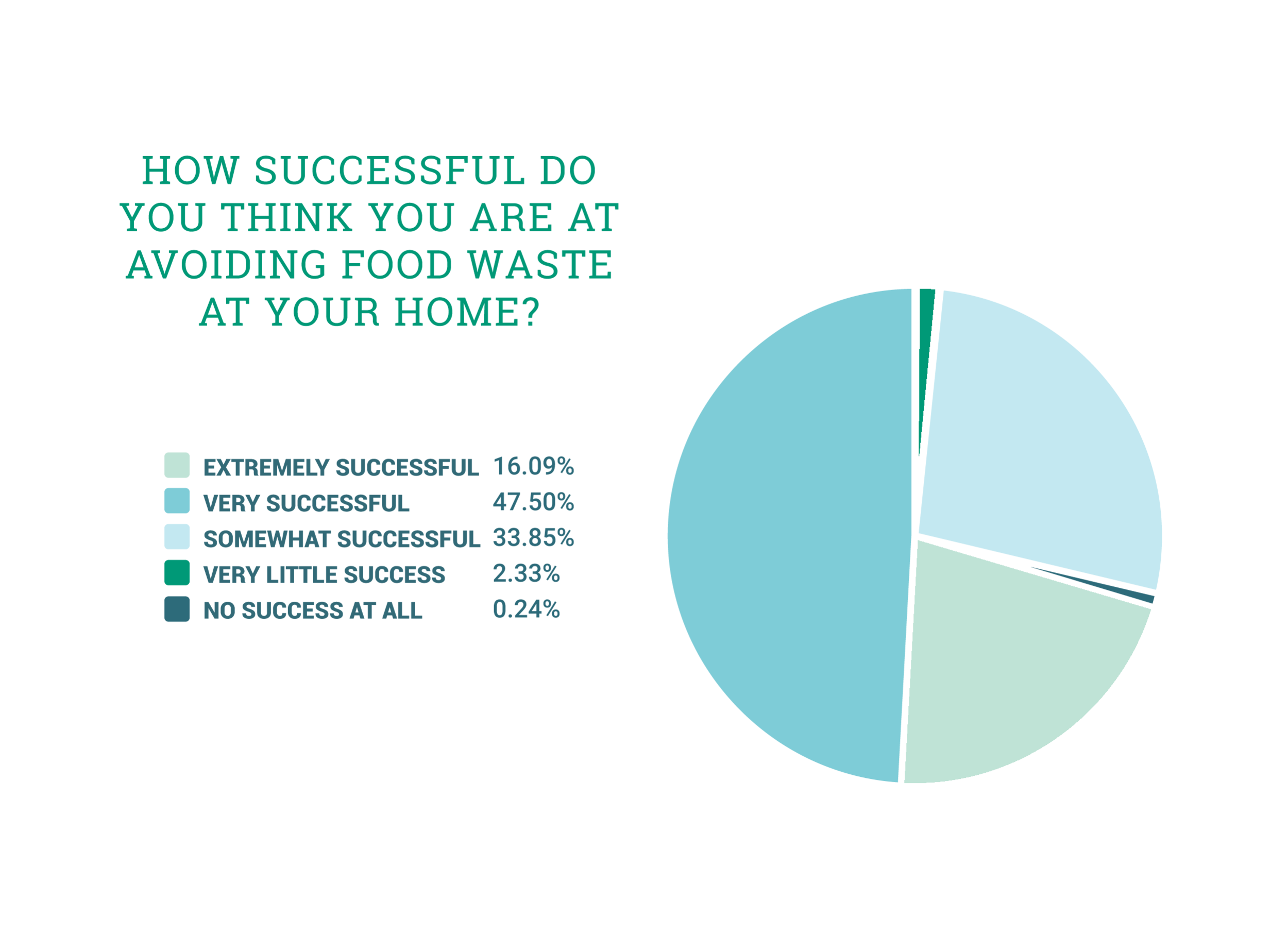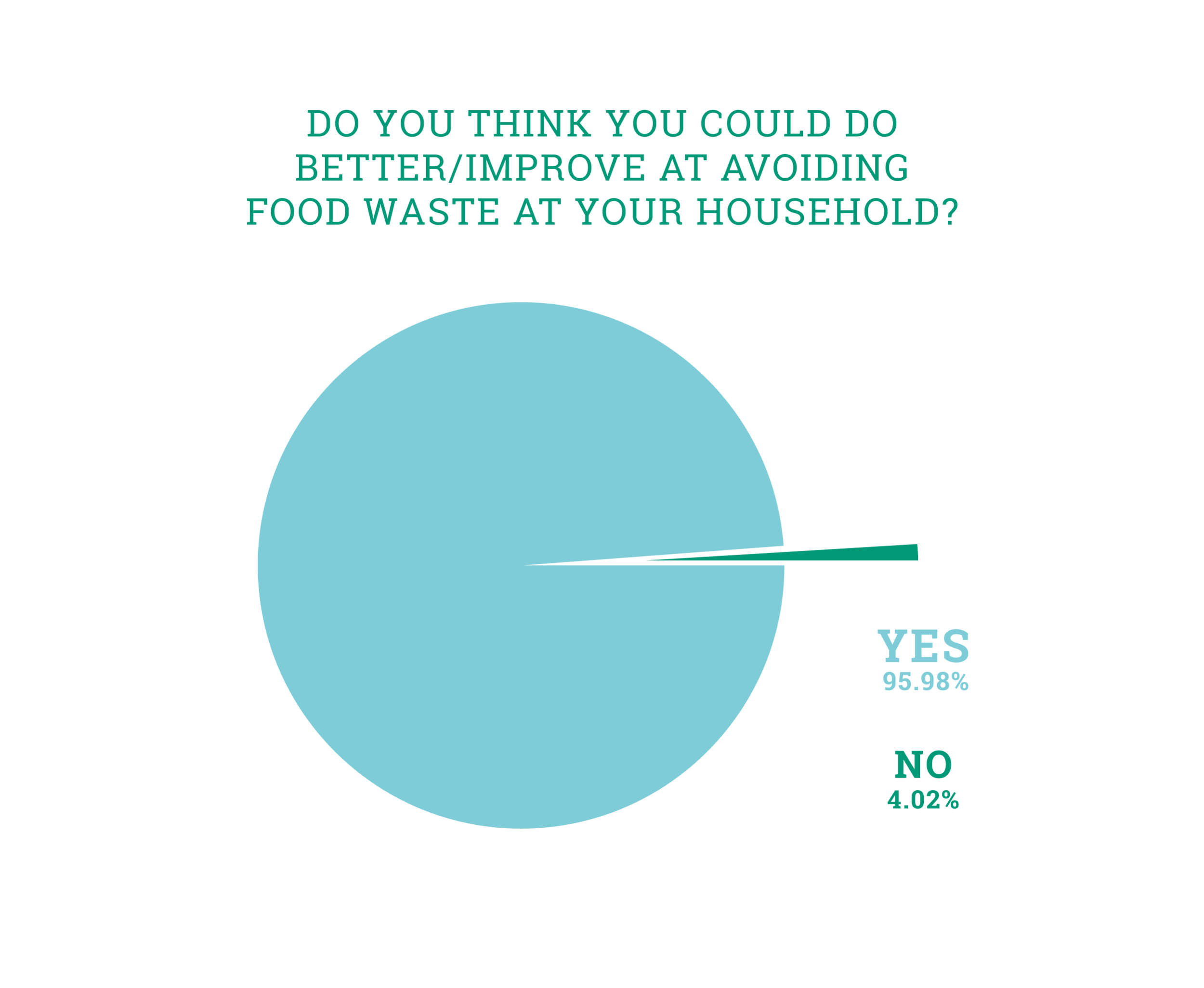Food Waste: From the Consumer’s Perspective
Of the one-third of food that gets wasted, a whopping 85% occurs downstream at consumer-facing businesses and homes. We spoke with consumers to discover what they had to say about household food waste.
Snapshot
Consumers care about food waste;
Consumers want to do better at reducing their food waste;
Consumers aren’t really successful at making an impactful reduction of their household food waste.
Brisan Insights
Consumer lens
Consumers care about food waste (97.16%) and try avoiding it at their household (99.64%).
Amount of effort
Half of consumers (50.81%) say they put about 75% of their best effort forth to reduce their household waste. With a significant percentage of consumers stating that they put their “all” towards reducing their waste (26.82% put 100% of their best effort forth).
Awareness & Approach
Consumers are aware of various approaches to reduce food waste. A majority rely on cooking/baking with overripe or expired items (61.03%) and turn to the freezer as a solution to increase shelf life increase (95.50% consumers).
Perception of success
Consumers say they are somewhat to extremely successful with reducing their food waste (97.44%), but most believe they could improve (95.98%).
Shout-Outs
“I think restaurants should really focus on portion sizes.”
“There needs to be a standard for either ‘use by’ dates or ‘sell by’ dates.”
“Use the things that expire before anything else.”
“I plant old onions and garlic in the ground, so they can become new crops.”
“Give extra food to the homeless.”
“Share leftovers with neighbors or family.”
Take-Aways
What it all means
According to Dr. Stella Salisu Hickman, VP Research at Brisan Group, these findings show that consumers are aware of food waste and try to find ways to minimize waste however, believe they could do better and are not consistent with approach or effort.
This may be because consumers do not have the time or knowledge, resulting in a need for more convenient solutions that are easily adaptable in their lifestyle and more accessible education resources.
Now what?
Reducing household waste will have a significant impact on shrinking overall global food waste. But the question still stands, how convenient do upcycled products and sustainability solutions need to be in order for consumers to adopt change in their behavior long-term?
ABOUT THE AUTHOR
Theresa Cantafio is the VP of Marketing and Trend Insights at Brisan Group. With a background in food science, design-thinking, and hands-on culinary, Cantafio has been providing food marketing and trend thought-leadership to the industry for the past five years. Her writing has been featured in SmartBrief, Go Clean Label, IFT, and Chicago Woman Magazine. You can find her hosting dinner parties, studying brand art directions, and volunteering as an RMMFI food service business coach.





















